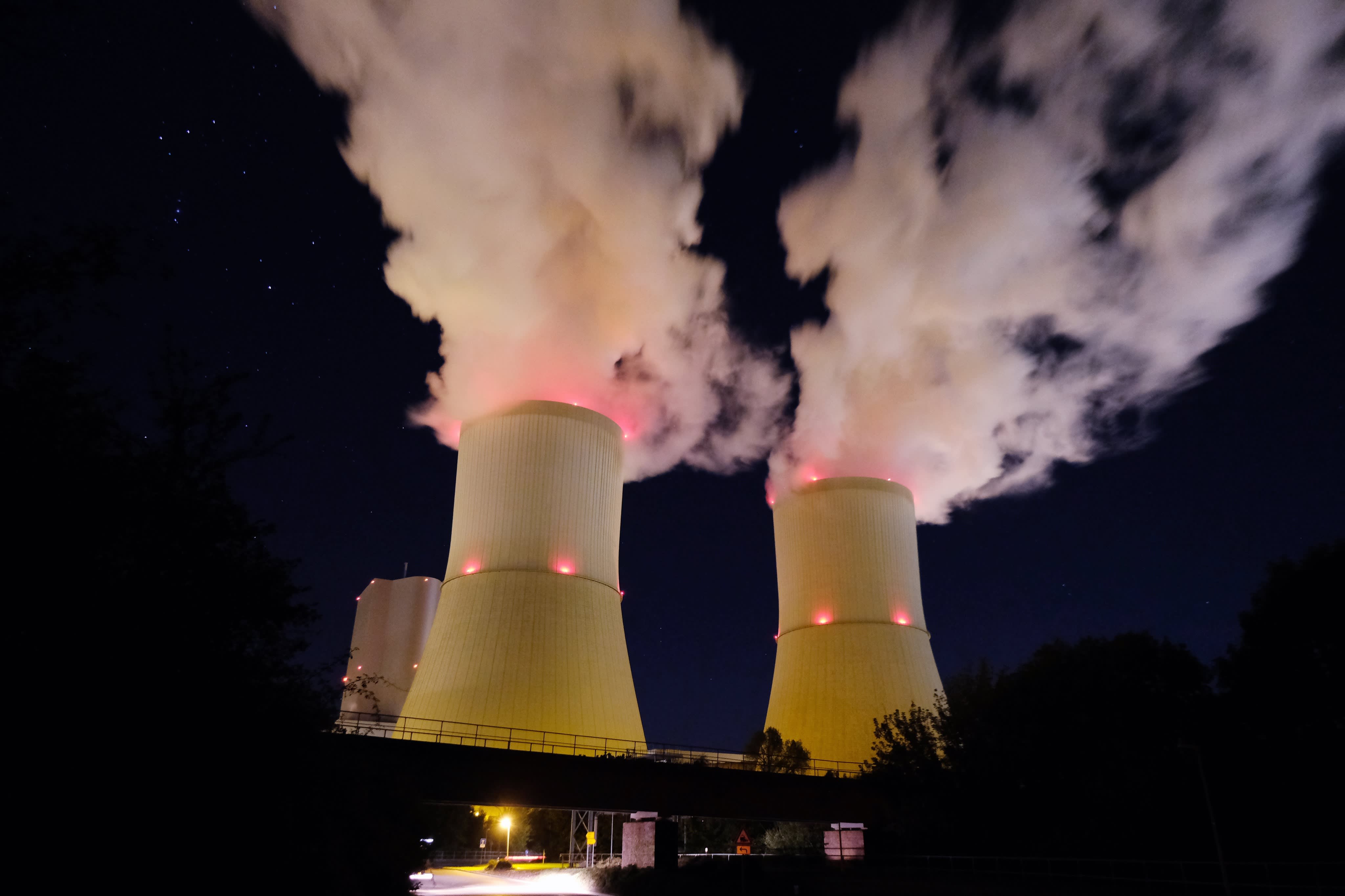
Steam rises from the cooling towers of the Lippendorf power plant south of Leipzig, Germany.
picture alliance | picture alliance | Getty Images
Energy prices around the world are at record highs as a power crunch hits Europe and Asia — and the International Energy Agency warned Wednesday that volatility is here to stay.
In its annual , the Paris-based agency said the world is underinvesting now for future energy consumption, which will make the transition to net-zero emissions unstable.
“There is a looming risk of more turbulence for global energy markets,” Fatih Birol, IEA’s executive director, said in a statement. “We are not investing enough to meet… future energy needs, and the uncertainties are setting the stage for a volatile period ahead.”
The report pointed to policy and demand uncertainties, among other things, as reasons behind the current underinvestment.
As events in 2021 show, consumers are vulnerable when prices rise sharply.
World Energy Outlook 2021
International Energy Agency
The perils of an energy complex that’s mismatched on the supply and demand side is playing out now as the global economic recovery from Covid-19 continues. Energy demand has jumped as businesses reopen and consumers return to pre-pandemic activities, but supply has remained tight with producers reluctant to bring new production online.
Oil prices are up more than 60% for 2021 after plunging to record lows in April 2020, while U.S. natural gas prices have more than doubled this year. In Europe, spot natural gas prices hit an all-time high this fall, while coal prices are also rising amid preparations for the winter heating season.
Higher fuel costs will be passed along to consumers and businesses, potentially hitting the economic recovery.
“As events in 2021 show, consumers are vulnerable when prices rise sharply,” the report said. “Volatility and price shocks cannot be discounted during the transition.”
The World Energy Outlook report outlines three possible scenarios ahead, in order to try and understand what the energy system will look like decades from now.
- Stated Policies Scenario: based on policies that have already been implemented;
- Announced Pledges Scenario: factors in targets that have been made but not yet reached. In this scenario, demand for fossil fuels peaks by 2025;
- Net Zero Emissions by 2050: factors in what needs to be done to limit global warming to 1.5 degrees Celsius above pre-industrial levels.
The report noted that for the first time in its projections, oil demand is seen declining in each scenario, but the pace varies greatly. This in turn creates challenges for energy producers.
“If the supply side moves away from oil or gas before the world’s consumers do, then the world could face periods of market tightness and volatility,” the report said. “Alternatively, if companies misread the speed of change and over‐invest, then these assets risk under‐performing or becoming stranded.”
Clear signals and direction from policy makers are essential. If the road ahead is paved only with good intentions, then it will be a bumpy ride indeed.
International Energy Agency
In order to reach net-zero emissions by 2050, clean energy spending needs to hit $4 trillion annually by the end of this decade, according to IEA. While the figure seems large, the report noted that emissions can drop by 40% using technologies that pay for themselves, such as improving efficiency and limiting gas leaks.
Still, the majority — or 70% — of the money will need to come from private developers, consumers and Wall Street.
The report added that the scale of investment needed creates “huge economic opportunities” for clean energy technologies including wind turbines, solar panels, lithium-ion batteries, electrolyzers and fuel cells. All told, IEA said the market for these green technologies will hit $1 trillion annually by 2050, which is equivalent to the current size of the oil market.
“Clear signals and direction from policy makers are essential. If the road ahead is paved only with good intentions, then it will be a bumpy ride indeed,” the report said.




